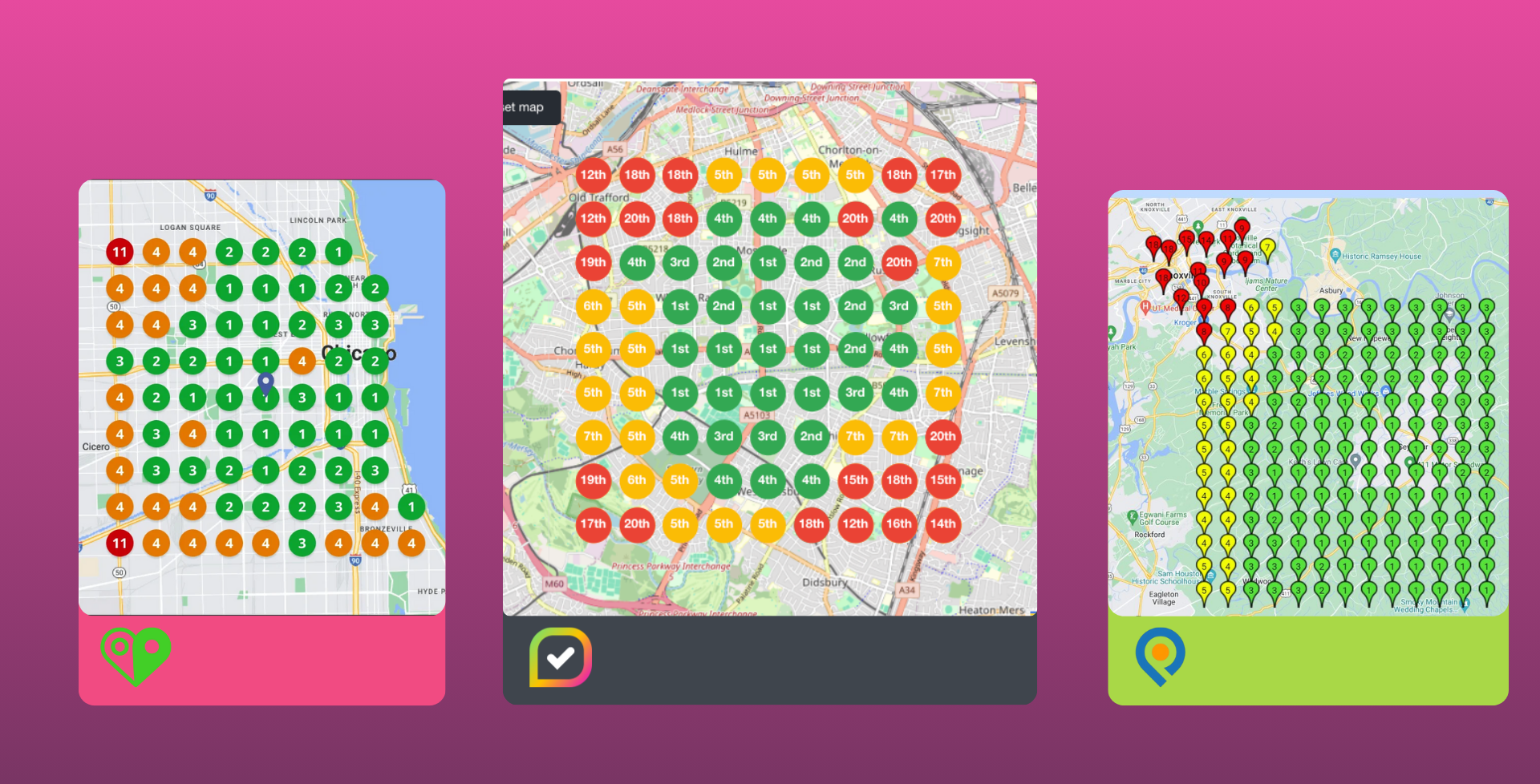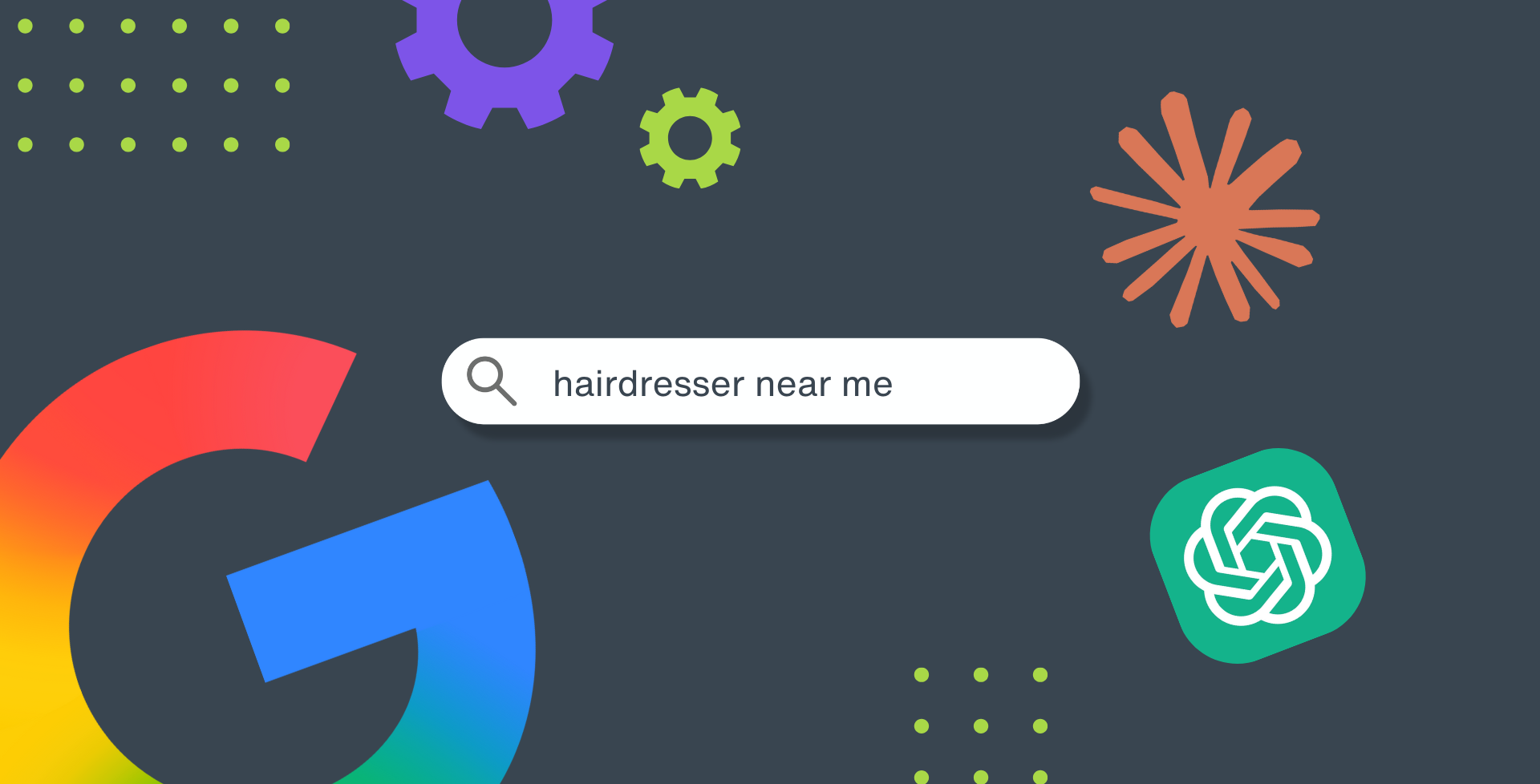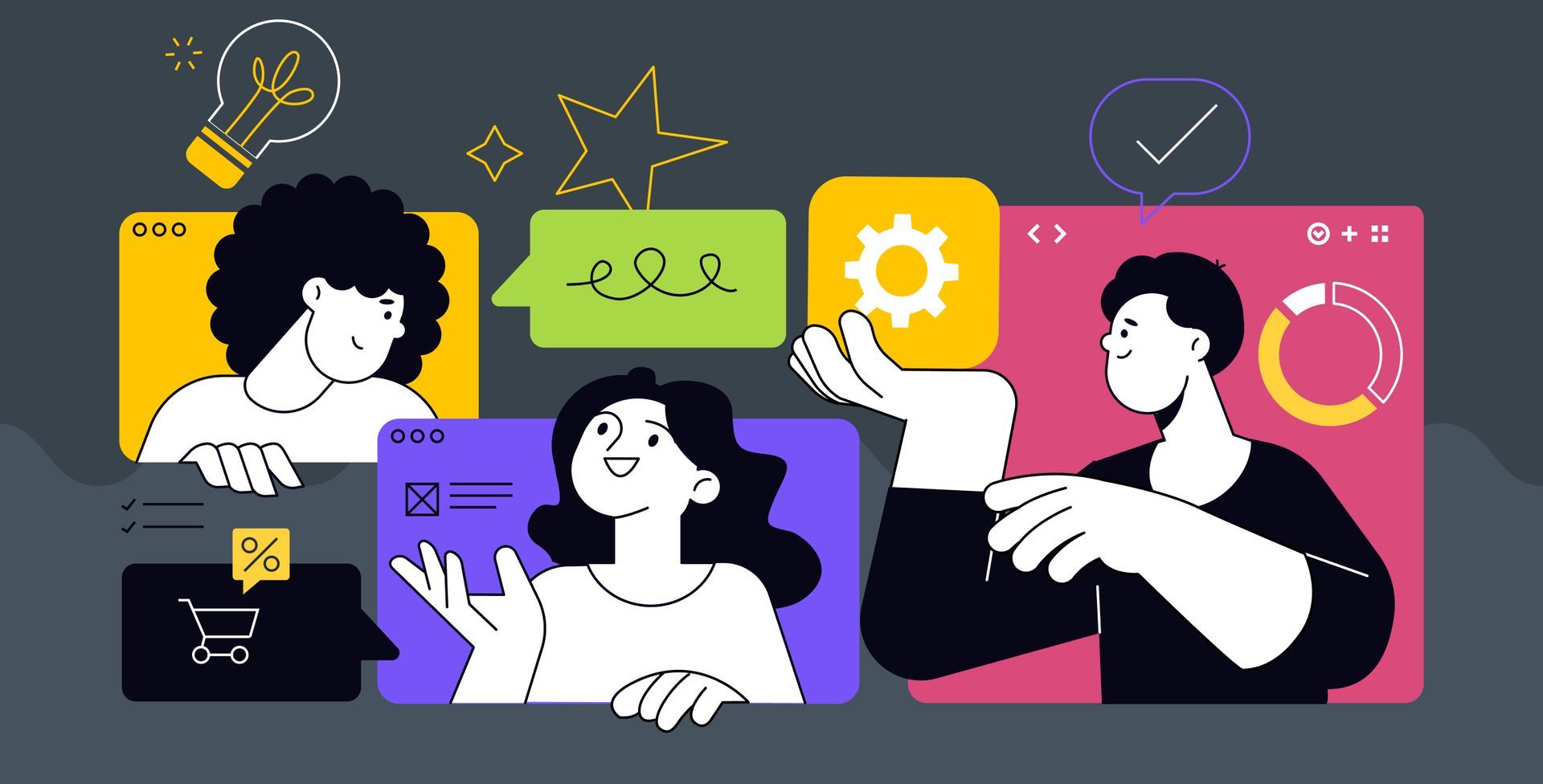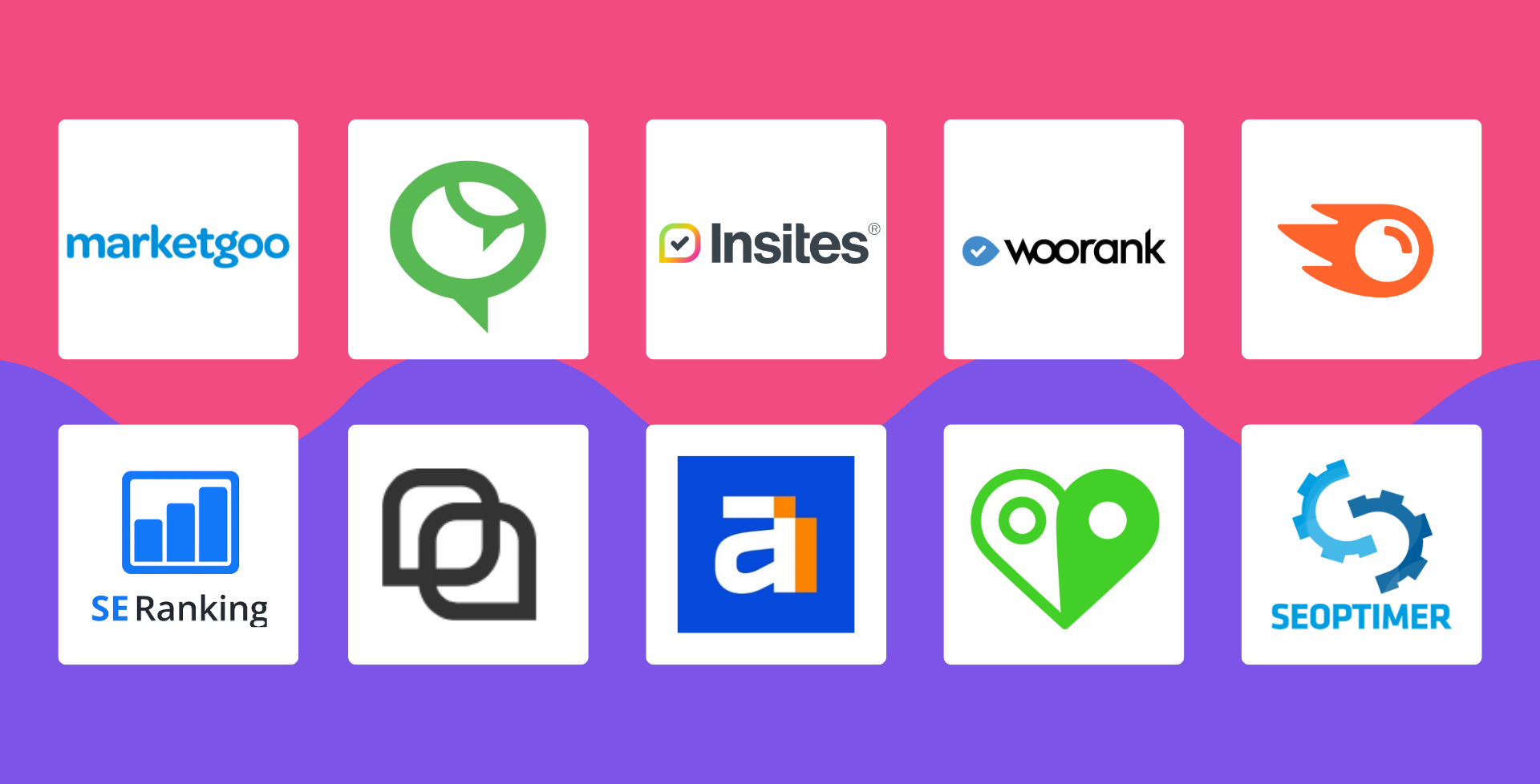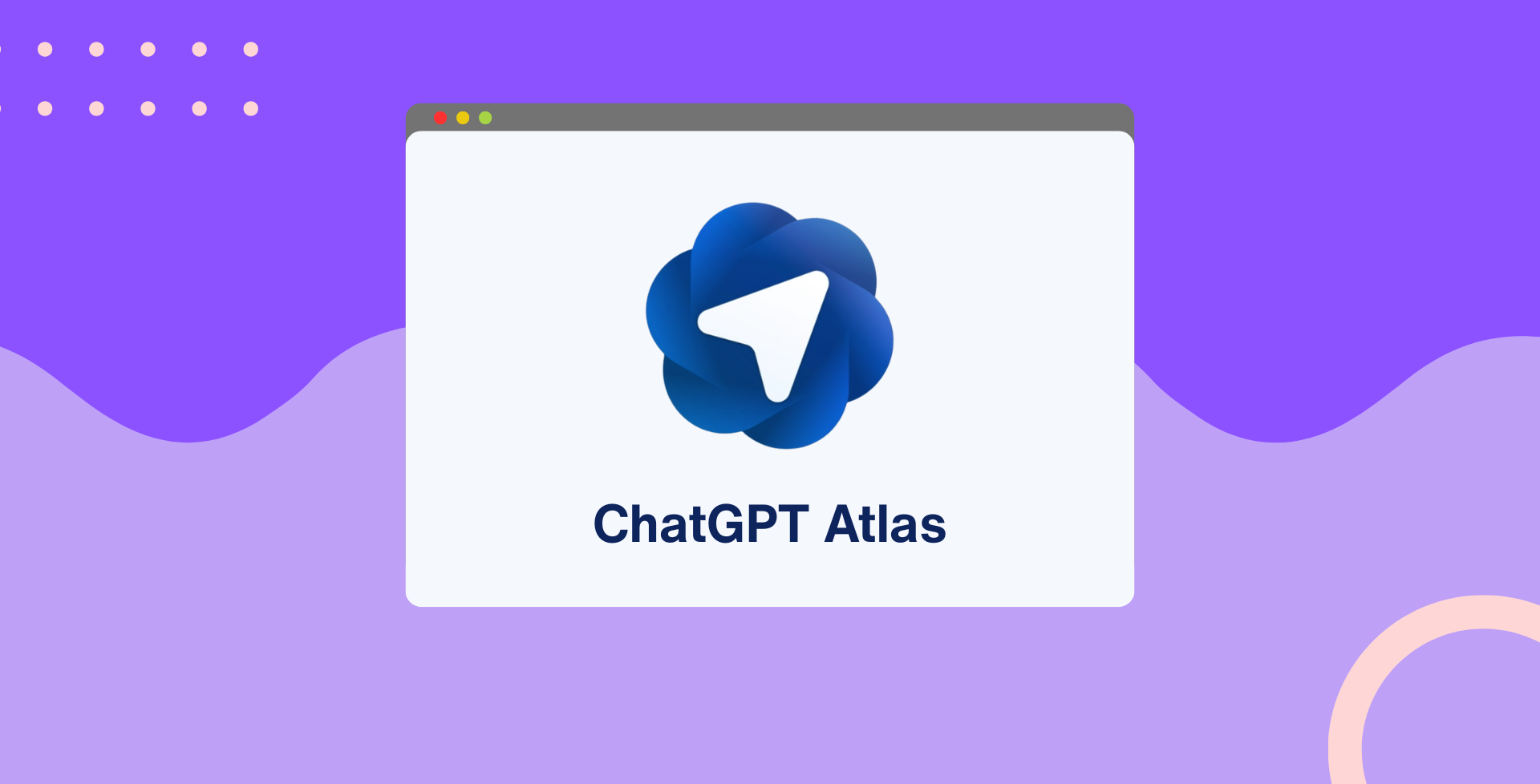How to help your local business clients rank in AI Engines like ChatGPT
Izzy Fletcher • October 23, 2025
People aren't just Googling anymore. They're asking ChatGPT, "Where should I go for coffee in my area?" or "Which local plumber has the best reviews?". They are using AI search engines to answer specific queries to influence their purchase decisions.
According to research from Yext, 28.3% of ChatGPT users rely on it for practical guidance, which would include finding businesses. That's a meaningful portion of potential customers using AI to discover local services.
Whilst digital marketing agencies have been working hard to help local business clients rank in Google, most of them are still completely invisible to AI-powered search engines. They're getting zero traffic from ChatGPT results. This creates an enormous opportunity for anyone selling digital presence solutions.
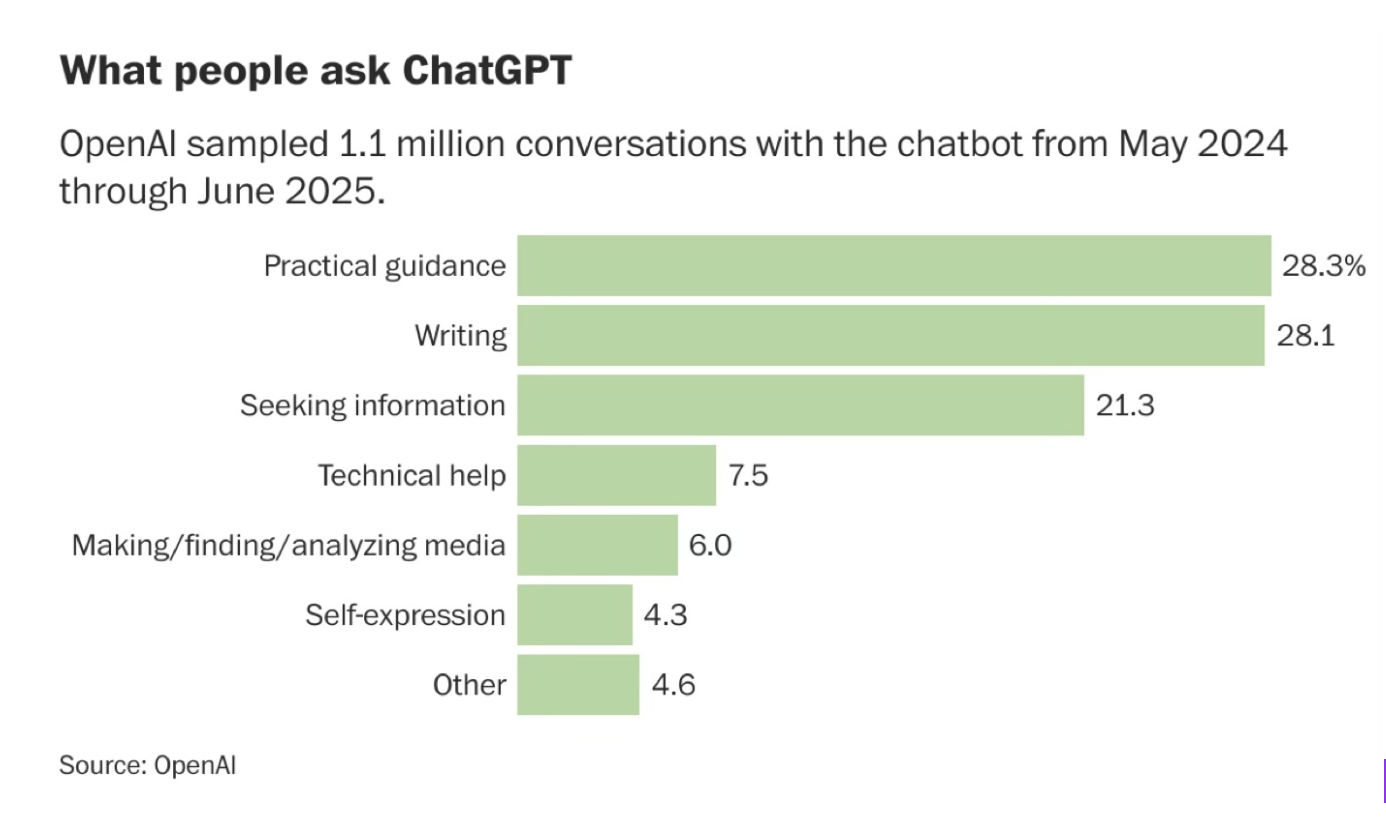
How to position AI readiness to your clients
This is where positioning matters. AI readiness isn't a replacement for traditional SEO. It's not "the future of search" that makes Google obsolete. Position it correctly, and you'll avoid objections like "We're fine, we rank in Google".
Agencies should be framing it as a parallel track. Traditional search and AI search complement each other, but require different tactics.
This positioning opens the door to upselling. You're not replacing services, you're expanding them. You're protecting their market share as customer behaviour evolves.
Five tactics to rank your clients in AI search
Now, let's get practical. Here are five actionable strategies to make your clients AI-ready.
1. Claim and consolidate business listings
Start with consistency. Your clients need verified presence across Google Business Profile, Yelp, and relevant niche directories. When LLMs process information about local businesses, they're crawling reviews, descriptions, and business details from these sources. If listings are inconsistent or incomplete, LLMs can't reliably cite your client.
Use tools like Yext or Uberall to streamline this work. These platforms make it faster to maintain consistency at scale.
2. Rewrite website content for AI discovery
This is where you differentiate. Static, corporate website copy doesn't play well with LLMs. Conversational, question-focused content does.
For example, let’s say your client is a law firm in Manchester. When a customer asks ChatGPT, "What lawyers in Manchester offer divorce services?", you’d want it to be your client's content too appear. That means rewriting service pages as Q&A sections and creating pages that ask and answer the actual questions your clients' customers are asking.
This benefits both traditional SEO and AI discovery. It's a win-win.
3. Implement structured data and schema markup
Make your client's content machine-readable. Upsell schema markup for services, review management, FAQ content, and listing management for your clients because this type of information tells both search engines and LLMs exactly what your client offers and how well they perform.
This is technical work, but it's also foundational. Without it, AI models struggle to understand what your client actually does. With it, they can confidently cite your client's services in responses.
4. Build authority where customers their hang out
Your clients need to be visible where conversations happen. Reddit. LinkedIn. Facebook groups. Industry forums. These are places where customers ask questions and where LLMs train their models.
Position this as a social media strategy, not just posting. Social listening and monitoring let you identify where your client should be active, respond to questions, and build authority. This creates upselling opportunities around social media management and listening services.
5. Create thought leadership content
Blogs, videos, landing pages. These aren't vanity projects; they feed LLMs. Every piece of content is another chance to rank, another source LLMs cite, another touchpoint with customers.
Position this as a content strategy service. More content means more visibility in AI search and builds authority and trust. This also opens doors to ongoing content production services.
How to use AI readiness checks to know if they're ranking before you pitch
Knowing where to start is half the battle. But guessing is how proposals die.
Instead of going into a client meeting without data, use Insites AI Readiness Checks.
These audits are sales enablement tools and give sales reps concrete insight into whether a prospect is ranking in AI already. And if they’re not, it’s a great oppuortunityto upsell all the services we mentioned earlier, such as review management and FAQ content.
What's included?
AI content readiness check looks at how easy it is for an LLM to digest content and if your clients have blocked them from their website.
ChatGPT ranking check – With our ChatGPT Check, you can find out if your customers ’ websites are ranking already, or if not, which local rival is!
Google Gemini check – With the introduction of Google Gemini, ranking on Google and having an up-to-date Google Business Profile isn’t enough. Help your customers see whether Gemini knows about their business with our Google Gemini check.
One of our customers saw immediate ROI when they gave their sales team access to these checks. Reps used them to upsell llms.txt file optimisations, structured data improvements, and content rewrites. The audit wasn't just a discovery tool, it was a conversion engine.
The opportunity to get your SMB clients ranking in AI engines like ChatGPT
The partners who position AI readiness as a parallel service category, not a replacement for traditional SEO, will win deals and build stronger client relationships.
Your clients need you to identify this gap, but you must show them the data to support your new positioning.
Ready to get started?
Run a free AI Readiness Check. See how your clients rank in ChatGPT. Then book a demo with our team and help sales reps walk into their next sales conversation with data, confidence, and a clear path to upselling.




